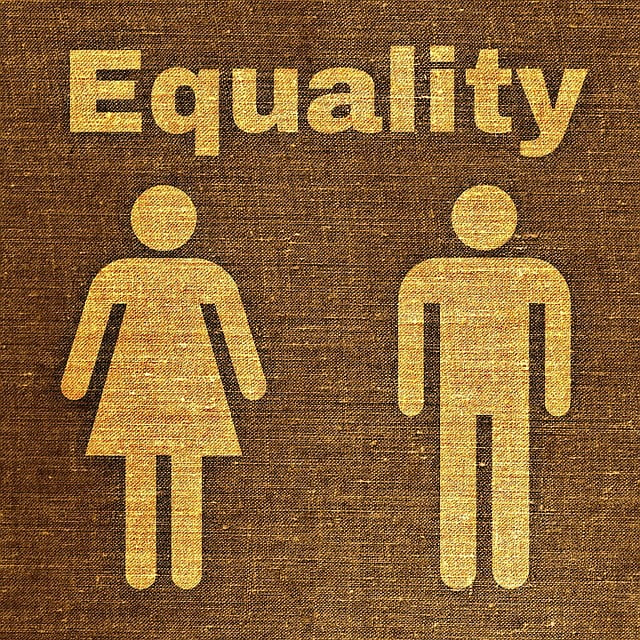Civil commitment hearings are balanced legal processes that manage severe mental health conditions, ensuring due process, privacy, and fair treatment for individuals through impartial judicial review. After these hearings, those committed have the right to appeal if their rights in mental health cases were violated, with legal professionals reviewing evidence for errors or irregularities. Specialized legal aid organizations and community groups are crucial for protecting these rights in mental health cases, providing guidance, education, and advocacy during hearings to promote fair outcomes that respect individual autonomy.
“Unraveling the complexities of civil commitment hearings and appeals is paramount in safeguarding individual rights within mental health cases. This comprehensive guide navigates the intricate process, offering insights into understanding commitments, appealing decisions, and ensuring fairness. From pre-hearing preparations to post-review strategies, we explore legal avenues crucial for effective advocacy. Additionally, we delve into key considerations for privacy protection and provide resources to support individuals in crisis, emphasizing the importance of robust representation in mental health litigation.”
- Understanding Civil Commitment Hearings: An Overview of Process and Rights
- Navigating Appeals: Post-Hearing Review and Legal Recourses
- Key Legal Considerations for Mental Health Cases: Ensuring Fairness and Privacy
- Supporting Individuals in Crisis: Advocacy and Resources for Effective Representation
Understanding Civil Commitment Hearings: An Overview of Process and Rights

Civil commitment hearings play a crucial role in determining the custody and care of individuals with severe mental health conditions. These legal proceedings ensure that the rights of those affected are protected while balancing public safety concerns. The process involves an initial evaluation, followed by a hearing where both parties present evidence and arguments. Individuals have the right to be represented by counsel, challenge evidence, and offer their own testimony.
Understanding one’s rights in mental health cases is essential. This includes the right to due process, privacy, and fair treatment. During hearings, individuals can expect an impartial judge to consider all relevant factors before making a decision. It’s vital to be aware of the legal framework to ensure that commitments are voluntary, appropriate, and in line with the best interests of the person involved.
Navigating Appeals: Post-Hearing Review and Legal Recourses

Navigating Appeals: Post-Hearing Review and Legal Recourses
After a civil commitment hearing, individuals have the right to appeal if they believe their mental health rights were violated. The appeals process involves careful review of the evidence presented during the initial hearing. Legal professionals can help navigate this complex landscape by examining procedural errors, assessing the sufficiency of evidence, and arguing for or against the commitment order.
Post-hearing reviews often uncover potential grounds for appeal, such as insufficient notice, procedural irregularities, or errors in evaluating the individual’s mental state. Understanding these rights is crucial in mental health cases, ensuring that commitments are based on sound legal principles and respect for individual liberties. Legal recourse can provide a safety net, safeguarding against unjust or overly restrictive civil commitments.
Key Legal Considerations for Mental Health Cases: Ensuring Fairness and Privacy

In mental health cases, ensuring fairness and privacy is paramount during civil commitment hearings and appeals. Key legal considerations include a thorough review of the individual’s medical records, evidence from qualified healthcare professionals, and strict adherence to procedural rules designed to protect the rights in mental health cases. The court must balance the need for public safety with preserving the individual’s privacy, ensuring all proceedings are conducted confidentially.
Jurists play a crucial role in upholding fairness by rigorously applying legal standards that safeguard due process. This involves carefully evaluating the evidence presented, considering the person’s right to challenge their commitment, and ensuring transparent communication throughout the process. Protecting these rights is essential to maintaining public trust in the justice system while providing appropriate support for individuals facing civil commitment proceedings.
Supporting Individuals in Crisis: Advocacy and Resources for Effective Representation

In times of crisis, ensuring adequate legal representation is paramount for individuals facing civil commitment hearings. Advocacy plays a crucial role in safeguarding the rights of those with mental health challenges. Specialized legal aid organizations and community-based support groups offer vital resources, providing guidance tailored to navigate complex legal procedures. These advocates ensure that clients’ voices are heard, their rights understood, and their best interests represented throughout the entire process.
Effective representation involves educating both the client and the court about their legal options and entitlements under mental health laws. By presenting a comprehensive understanding of the case, advocates can challenge any unfair treatment or violations of civil liberties. This support is instrumental in fostering fair outcomes, respecting individual autonomy, and promoting positive resolutions in mental health cases.














